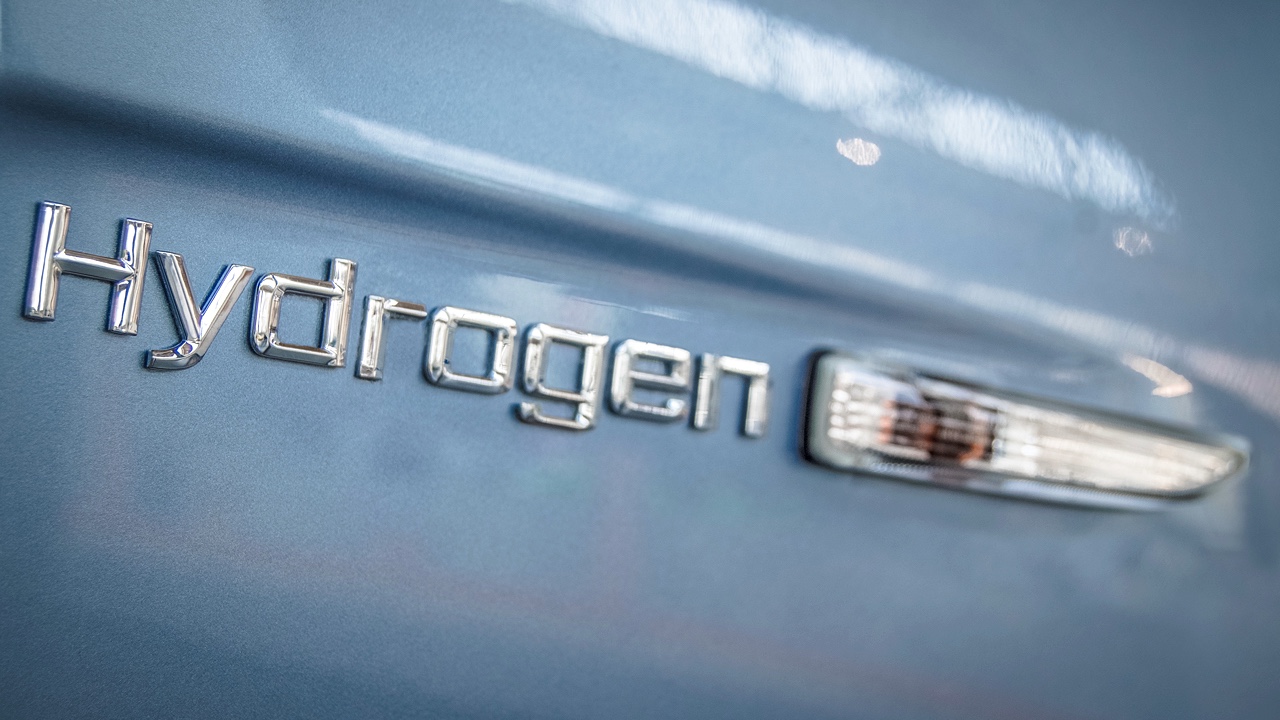
General Motors (GM) has long been a pioneer in the automotive industry, and now, the company is setting its sights on hydrogen fuel cells as the future of clean energy. While electric vehicles (EVs) have dominated the conversation around sustainable transportation, hydrogen fuel cells present a unique set of advantages that could make them a game-changer in the world of clean energy. GM’s growing interest in hydrogen technology positions it as a leader in a potentially transformative shift for the automotive industry. Here’s why GM believes hydrogen fuel cells are the next big thing and how the company plans to make it happen.
Hydrogen Fuel Cells: A Powerful Alternative to Battery EVs
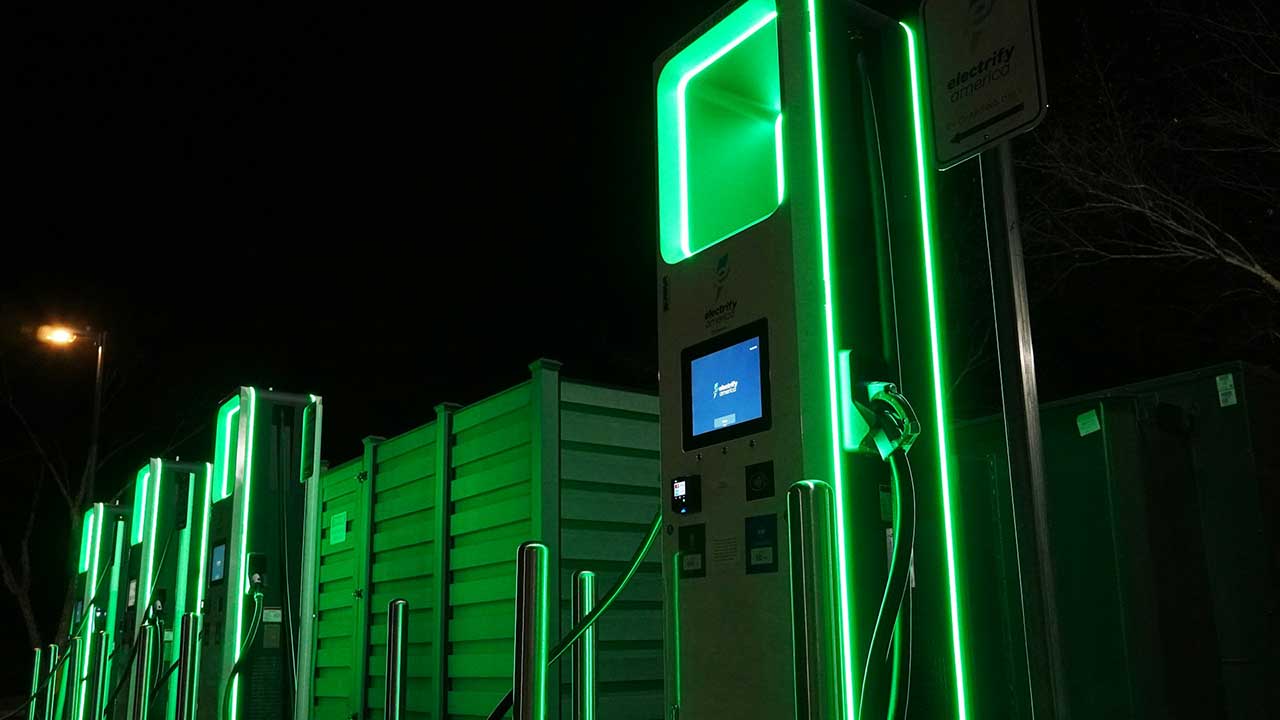
Hydrogen fuel cells generate electricity by combining hydrogen gas with oxygen from the air, emitting only water vapor as a byproduct. This process offers a significant advantage over traditional internal combustion engines and even battery-powered electric vehicles (EVs). While EVs rely on large batteries that can take hours to recharge, hydrogen fuel cells can be refueled in just a few minutes, making them a more practical solution for long-distance travel and commercial vehicles that require fast refueling times. With fuel cells, hydrogen-powered vehicles can travel longer distances than many EVs, all while maintaining a shorter refueling time—a critical factor in industries like trucking and public transportation. (Source: General Motors)
GM’s Hydrogen Fuel Cell Partnership with Nikola
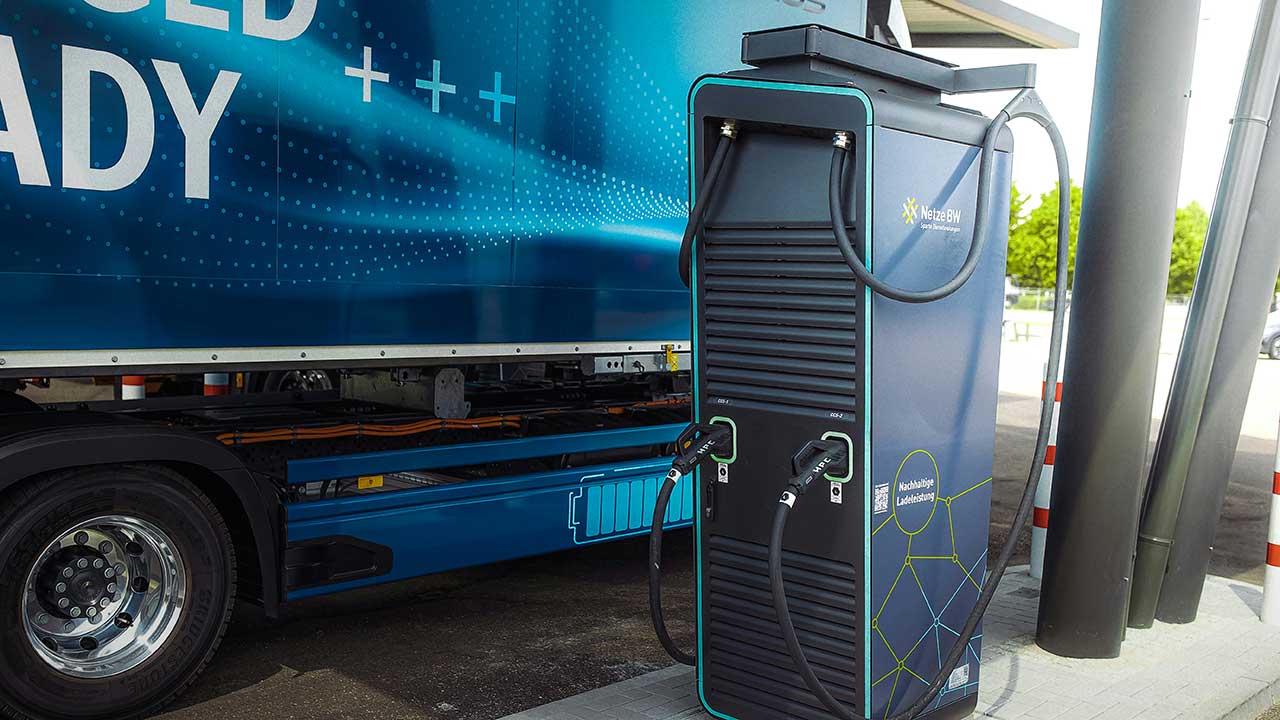
GM’s commitment to hydrogen fuel cells is not just theoretical; it’s already taking action. The company entered into a partnership with hydrogen-electric truck manufacturer Nikola to develop and produce fuel cell systems for Nikola’s long-haul trucks. Through this collaboration, GM is contributing its deep knowledge of fuel cell technology, which it has been working on for decades, to support the development of Nikola’s heavy-duty trucks. This partnership has the potential to significantly accelerate the commercialization of hydrogen-powered transportation, particularly in the freight and logistics sectors, where hydrogen fuel cells could provide the ideal solution for high-performance vehicles that require both range and rapid refueling. (Source: General Motors Investor Relations)
The Benefits for Heavy-Duty and Commercial Vehicles

Hydrogen fuel cells have a particularly strong case for heavy-duty and commercial vehicles, which often require long driving ranges and fast refueling. For example, hydrogen-powered trucks can cover long distances without worrying about battery capacity or charging time. GM is already positioning itself to leverage this technology for larger-scale vehicles, with its fuel-cell-powered trucks and buses in development. As the transportation sector increasingly looks for sustainable solutions, hydrogen fuel cells provide a viable option to electrify heavy-duty fleets that would otherwise be limited by the slow charging times of traditional battery electric vehicles. (Source: GM News)
The Zero-Emissions Advantage

As GM doubles down on sustainability, hydrogen fuel cells offer a significant advantage in terms of zero-emissions transportation. Fuel cell vehicles run on hydrogen, which, when combined with oxygen, produces only water vapor as a byproduct. This contrasts with internal combustion engine vehicles, which emit harmful pollutants like carbon dioxide, nitrogen oxides, and particulate matter. For GM, which is committed to reducing its carbon footprint and achieving an all-electric future by 2035, hydrogen fuel cells offer a cleaner alternative to traditional vehicles, particularly in sectors where battery-powered solutions are less effective. (Source: General Motors)
Hydrogen’s Potential for Energy Storage and Grid Support
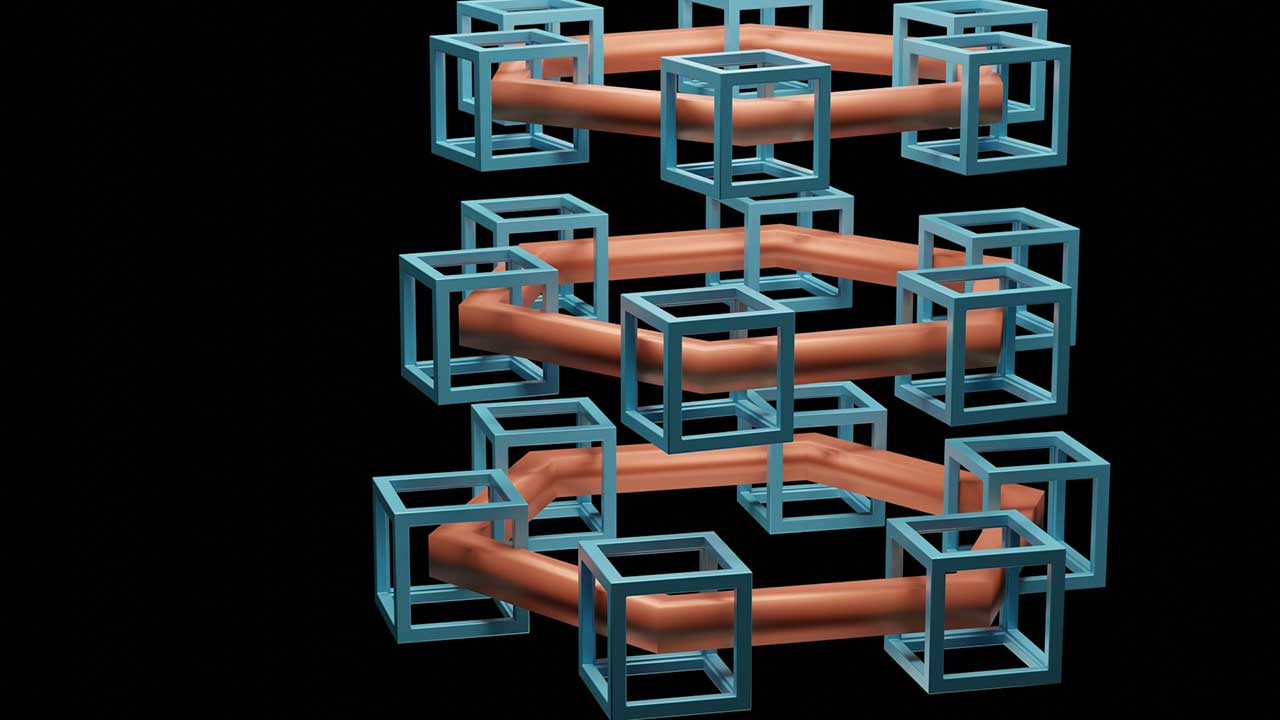
Beyond the automotive industry, hydrogen has the potential to revolutionize energy storage and distribution. Hydrogen fuel cells can serve as an efficient method of storing excess renewable energy produced during times of low demand and releasing it during peak periods. GM’s interest in hydrogen technology extends beyond vehicles to potential uses in energy storage systems, grid balancing, and even home energy solutions. By utilizing hydrogen as a storage medium for renewable energy, GM envisions a future where the automotive industry, power generation, and storage infrastructure are all connected through sustainable hydrogen solutions. (Source: Hydrogen Fuel News)
Overcoming Hydrogen Infrastructure Challenges
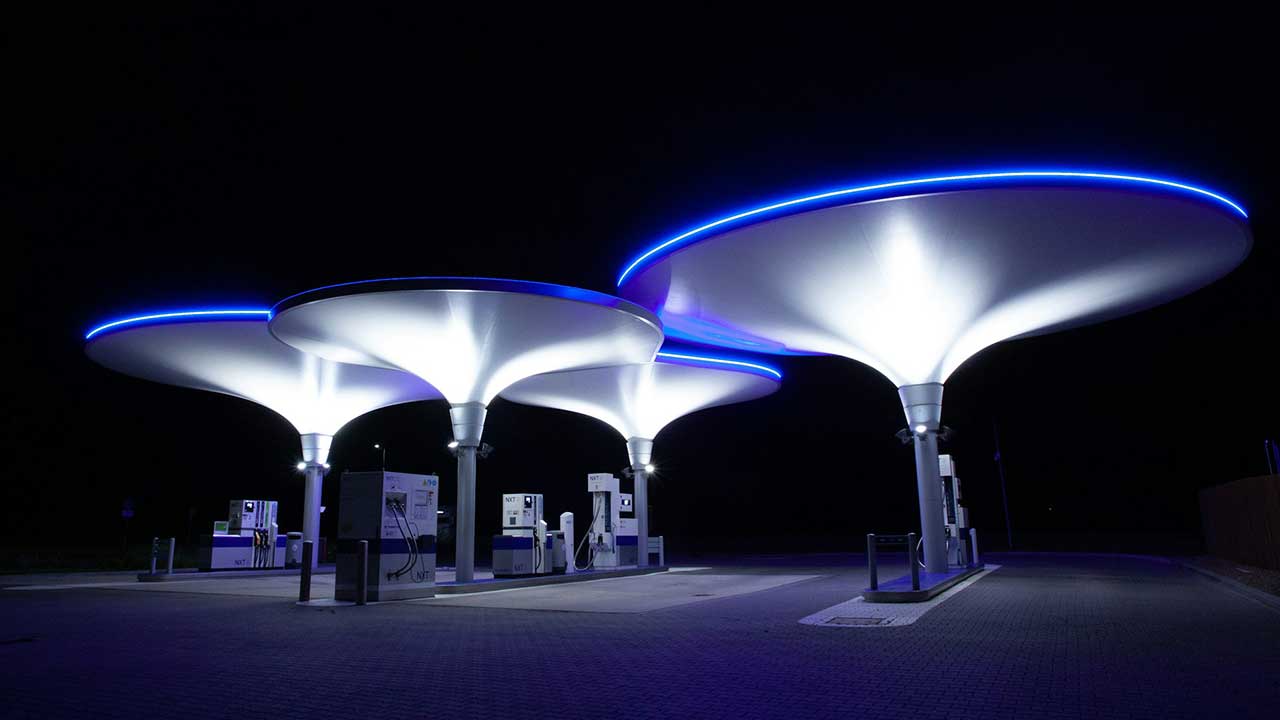
One of the biggest hurdles facing the widespread adoption of hydrogen fuel cells is the lack of refueling infrastructure. While gasoline and electric vehicle charging stations are becoming more common, hydrogen refueling stations are still relatively sparse, making it difficult for consumers to adopt hydrogen-powered vehicles on a large scale. However, GM is actively addressing this challenge by working on developing hydrogen infrastructure alongside its vehicle technologies. The company is investing in the development of hydrogen fueling stations in collaboration with various partners, with the goal of making hydrogen vehicles a more practical option for consumers and businesses alike. (Source: GM News)
A Vision for a Hydrogen-Powered Future
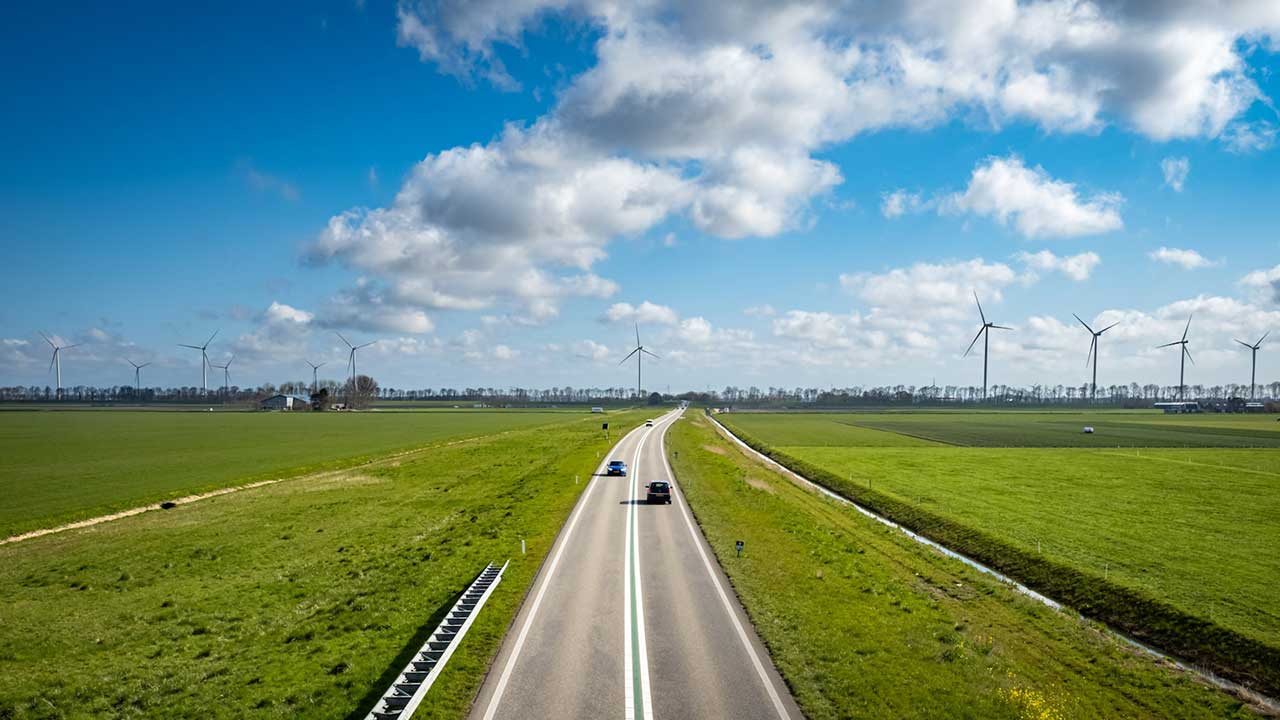
GM’s investment in hydrogen fuel cells is part of its broader strategy to create a sustainable, zero-emissions future. With an eye on innovation, GM is positioning itself as a key player in the hydrogen economy. The company has already made significant strides in hydrogen technology with the Hydrogen Fuel Cell Chevrolet Colorado ZH2, a military-grade vehicle, and other research initiatives focused on fuel cell development. By scaling up its hydrogen fuel cell capabilities, GM hopes to help create an integrated hydrogen ecosystem that serves not just the automotive industry but also other sectors like energy, aviation, and public transport. (Source: GM Defense)
The Road Ahead: Is Hydrogen the Future?

While hydrogen fuel cells are not without challenges—particularly in terms of infrastructure and production costs—the technology has the potential to be a game-changer in the push toward sustainability. GM’s focus on hydrogen fuel cells highlights the growing recognition that electric vehicles may not be the only path to a zero-emissions future. With fuel cells offering fast refueling, long range, and the ability to power heavy-duty vehicles, they could complement battery-powered electric cars and trucks, especially in areas where charging infrastructure is lacking or where performance demands are higher. (Source: The Verge)
A Bold Step Toward Sustainability

GM’s growing investment in hydrogen fuel cells signals the company’s belief that this technology will play a crucial role in the future of clean transportation. With its potential to provide fast refueling, long-range performance, and zero emissions, hydrogen fuel cells could become the key to decarbonizing industries that require high-performance vehicles and energy storage solutions. While there are still obstacles to overcome, GM’s continued focus on hydrogen development positions the company to be a leader in a rapidly evolving clean energy landscape. By betting on hydrogen, GM is not just rethinking the future of the automobile—it’s shaping the future of sustainable mobility. (Source: General Motors)